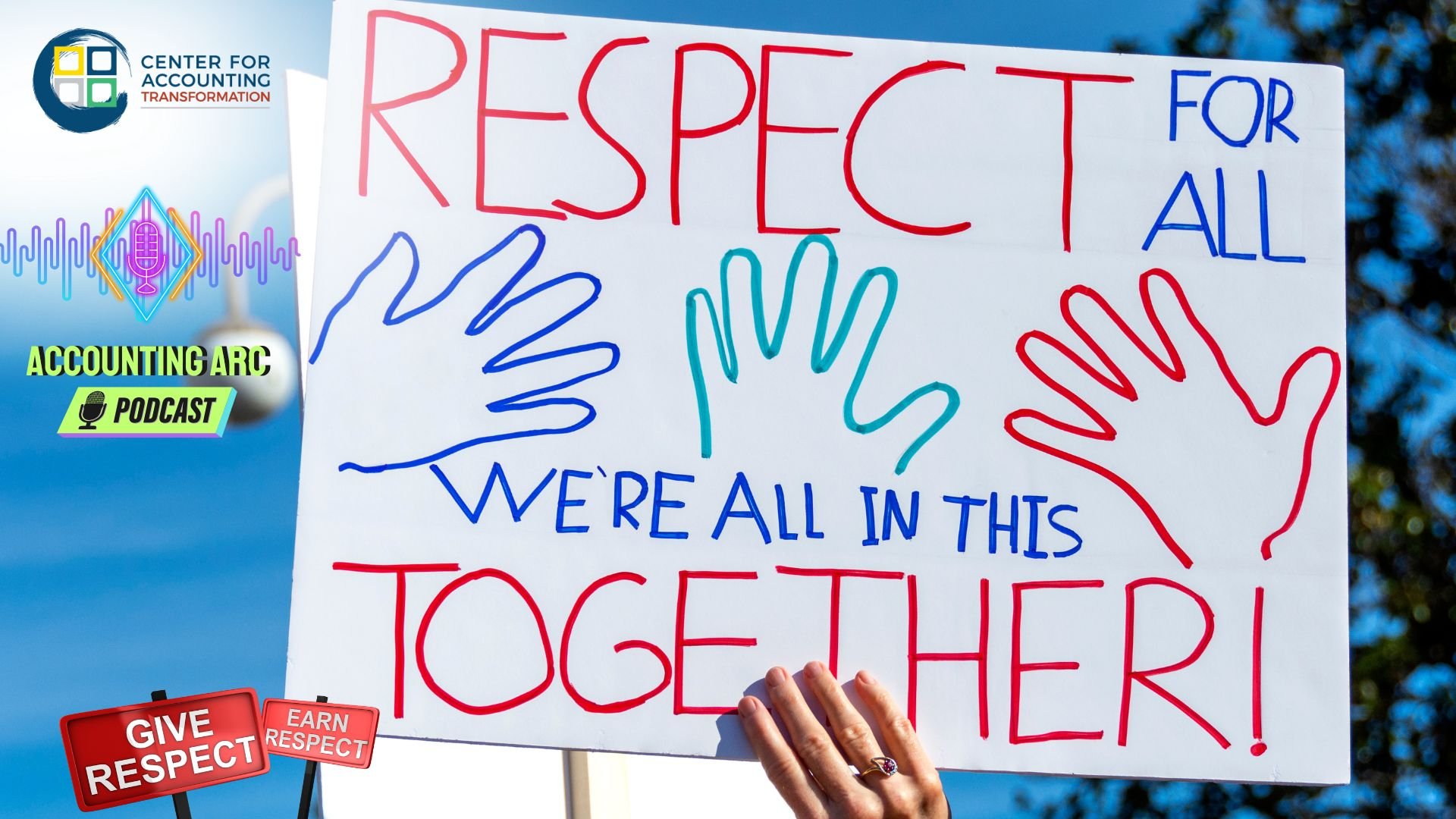0
The DEI Dividend: How Inclusive Practices Propel Accounting Firms Forward

Upcoming research collaboration aims to address innovation gaps and adaptation strategies in accounting firms.
In recent times, Diversity, Equity, and Inclusion (DEI) initiatives—once integral to the ethos of modern accounting firms—are facing unprecedented challenges. Political pressures and legal uncertainties have led some firms to scale back or even abandon these efforts. Such decisions are not merely reactive; they risk undermining a firm’s resilience, profitability, and relevance in a rapidly evolving marketplace.
Innovation and Problem-Solving
Diversity transcends the simplistic notion of meeting quotas; it’s about fostering a rich tapestry of perspectives that drive innovation and enhance problem-solving capabilities. Research from McKinsey & Company reveals that companies in the top quartile for ethnic diversity are 36% more likely to outperform their peers financially. In the realm of public accounting, where strategic problem-solving is paramount, such diverse perspectives are instrumental in crafting robust client solutions, optimizing risk management, and formulating sustainable financial strategies.
Financial Performance and Profitability
The correlation between DEI and financial performance is compelling. A study by the Boston Consulting Group found that companies with diverse leadership teams report innovation revenue that is 19 percentage points higher than that of companies with below-average diversity. This statistic underscores that embracing DEI is not just a moral imperative but a strategic financial decision. For accounting firms striving to maintain a competitive edge, neglecting DEI initiatives equates to forfeiting significant financial gains.
For accounting firms, the integration of DEI is not a peripheral concern but a strategic imperative. By embedding DEI into the core of their operations, firms can enhance innovation, financial performance, employee satisfaction, and client relationships.
Challenging the Meritocracy Myth
Critics often argue that DEI initiatives compromise merit-based advancement. However, this perspective overlooks systemic biases that hinder equal opportunity. Factors such as legacy hires, homogenous leadership, and subjective notions of “cultural fit” often skew perceptions of merit. True meritocracy is achievable only when all individuals have equitable access to mentorship, career development, and advancement opportunities. Without addressing these underlying biases, claims of a merit-based system remain superficial.
Debunking the “Lowering Standards” Myth
The assertion that DEI initiatives lead to lowered standards is unfounded. In reality, underrepresented professionals frequently face higher performance thresholds to gain equivalent recognition. Studies have shown that women and members of underrepresented groups often receive less informal mentorship and are less likely to be promoted based on potential, necessitating continuous proof of competence. Conversely, individuals from majority groups may ascend to leadership roles based on perceived fit rather than objective qualifications, challenging the notion of an existing meritocracy.
Employee Retention and Satisfaction
An inclusive workplace is pivotal for retaining top talent. Organizations with robust DEI initiatives experience 22% lower turnover rates and 27% higher employee engagement. In the accounting sector, which is grappling with a significant talent shortage, fostering an inclusive environment is not just beneficial but essential. Firms that fail to cultivate such environments risk losing valuable talent, clients, and their competitive standing.
Reflecting a Diverse Client Base
The demographic landscape of the United States is increasingly diverse. Clients are more inclined to engage with firms that resonate with their cultural and professional experiences. Firms that mirror this diversity are better positioned to understand and address the unique challenges faced by their clients, thereby enhancing client satisfaction and loyalty. Neglecting DEI is not merely a missed opportunity; it poses a tangible threat to a firm’s relevance and success in a diverse market.
Client Relationships and Reputation
Clients are increasingly attentive to the diversity within the firms they engage. Studies indicate that companies with diverse teams achieve higher client satisfaction scores and are more likely to attract a broader client base. A firm’s commitment to DEI enhances its reputation, making it a magnet for high-value partnerships and opportunities. In an industry where trust and credibility are paramount, maintaining a steadfast commitment to DEI is indispensable.
Navigating DEI Amid Legal and Political Challenges
While some firms may feel apprehensive about DEI initiatives due to potential legal or political repercussions, it is crucial to approach these efforts strategically:
- Frame DEI as Anti-Discrimination and Equal Opportunity: Position DEI initiatives as extensions of existing anti-discrimination laws, emphasizing the removal of barriers rather than the creation of preferential programs.
- Ensure Inclusivity in Programs: Design mentorship and development programs to be accessible to all employees, embedding inclusivity into company-wide initiatives to promote fairness.
- Highlight the Business Case: Focus on how diversity enhances business outcomes, such as attracting top talent, driving profitability, and improving decision-making, to align DEI efforts with business objectives.
- Standardize Hiring and Promotion Practices: Implement structured processes to ensure fair, unbiased evaluations, thereby reinforcing a genuine merit-based system.
- Develop Talent Pipelines: Invest in outreach, education, and mentorship programs to expand access and build a diverse talent pipeline without relying on rigid quotas.
- Maintain Legal Compliance: Regularly review policies with legal counsel to ensure adherence to anti-discrimination laws, ensuring DEI programs promote a level playing field for all.
Conclusion: Strategic Commitment to DEI
For accounting firms, the integration of DEI is not a peripheral concern but a strategic imperative. By embedding DEI into the core of their operations, firms can enhance innovation, financial performance, employee satisfaction, and client relationships. In an increasingly diverse and competitive market, a steadfast commitment to DEI is not just about doing the right thing; it’s about doing the smart thing.

















